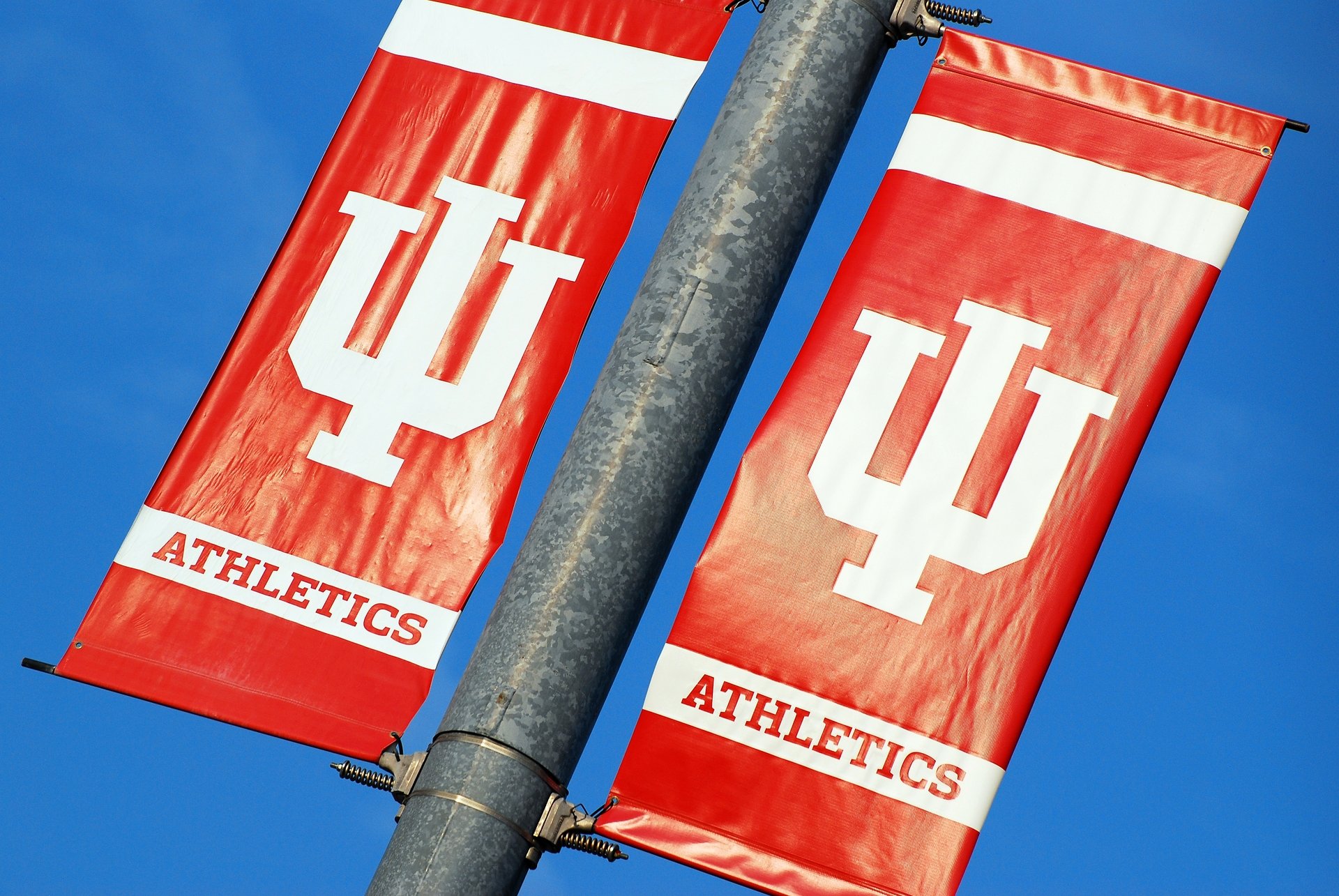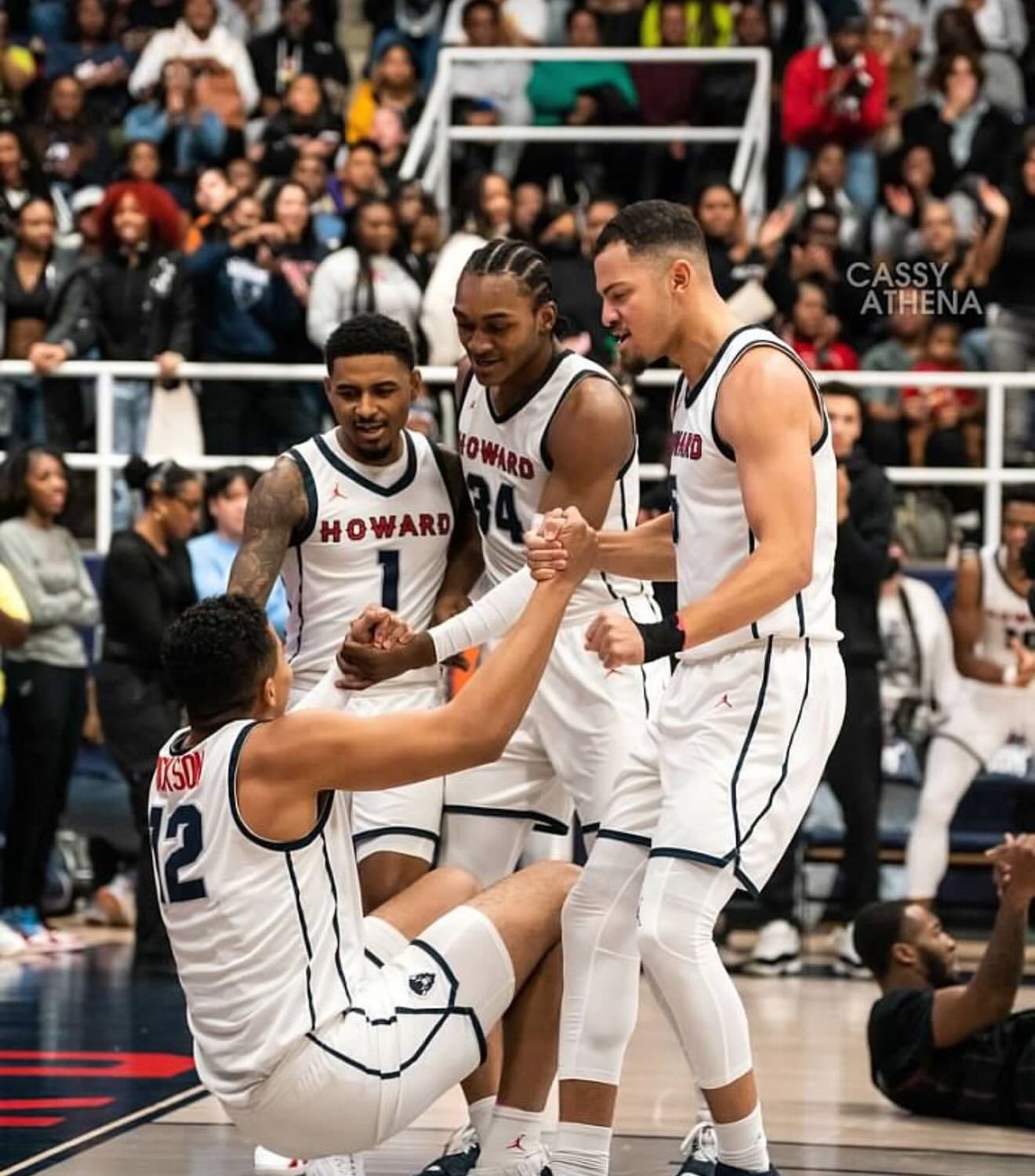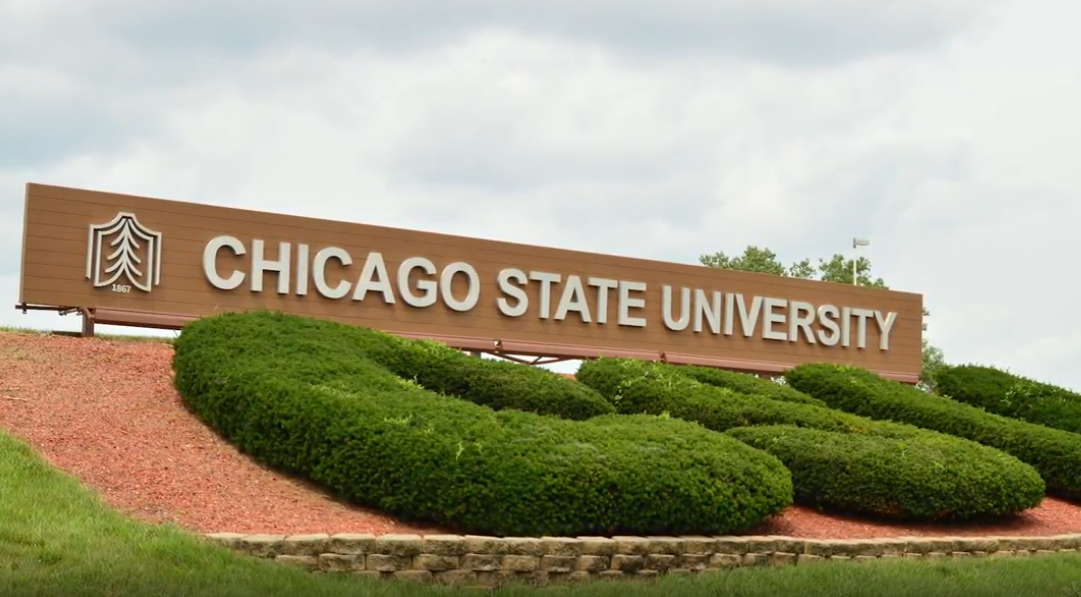Good morning, and thanks for spending part of your day with Extra Points.
The entire Extra Points team is headed to Orlando for NACDA on June 8-10. If you’ll be around and want to say hello, get a demo of Extra Points Library, share a beverage or talk shop, drop me a line at [email protected]
A quick note from one of today’s sponsors:
A smarter way to fuel up—without caffeine crashes or jitters
While your favorite team performs on the court, for better or for worse, MTE helps you bring your A-game to every aspect of life.
This all-natural formula combines powerful adaptogens with ancient superfoods that support sustained energy and long-term wellness without the crash. No caffeine or jitters—just clean performance without the negatives.
MTE is even backed by a 90-day guarantee to help you feel, think, and perform your best.
I understand the impulse to lump all the massive off-the-field legal and policy battles right now into one, gigantic thing, but I don’t think that’s completely accurate. They’re related, but there are really multiple massive policy fights happening in college sports.
If you don’t work in the industry (or heck, even if you do), the one you’re probably hearing about the most concerns the future of athlete compensation. As of this writing, the settlement terms for House have still not been formally approved, even though just about everybody in the college sports industry is operating on the assumption it will be, and very soon.
But few operators seem to believe the settlement alone can guarantee a lasting labor or antitrust peace. There will be lawsuits almost immediately after July 1, be they on Title IX grounds, antitrust grounds, the Fair Labor Standards Act grounds, or any number of other factors. Any lasting solution to the question of “how will athletes be paid” will almost assuredly have to come from Congress and/or the courts.
“How to pay athletes” is unquestionably a massive question, but it also isn’t the only huge one that the industry is grappling with. There’s also big questions like, “how will the NCAA itself be governed”, or “who will have future access to championships”, or “how will an increasingly overtly professional venture be classified under federal tax law?”
Stick with me here for a second.
Late on Monday, Yahoo!’s Ross Dellenger checked in with the power brokers at the SEC, who are reportedly pondering much larger questions than the precise formula for the future College Football Playoff.
Via the story:
The discord that exists among the power conferences over playoff format is not unlike the growing dissension between the four and the other 28 Division I leagues over future governance.
The NCAA is remaking its governance model to align with the July 1 implementation of the athlete revenue-sharing era. The proposal, socialized with member schools over the last two weeks, grants the power conferences as much as 65% in weighted voting power within rule-making committees. These groups make key decisions on topics such as when to hold the football transfer portal, who to assign to the basketball tournament selection committee, how to remake the football calendar and, perhaps most notably given recent lawsuits against it, a player’s collegiate athletic eligibility.
In Destin this week, SEC administrators are expected to examine the governance proposal and the possibility of separating football completely out from under the NCAA. During its spring meetings last week, the Big Ten swung its support for doing just that — bifurcating football governance.
In an unreported and little-known fact, SEC presidents in March quietly authorized their commissioner, Sankey, to split from the NCAA if he deems that the right move.
Based on my own conversations over the last week, the proposed governance model is very unpopular with FCS and I-AAA commissioners, folks who feel that they’ve already been pushed to the limit by the P4 (and really, the Big Ten and SEC). At some point, if you’re stripped of any meaningful governance ability, and you’re still mad about being a legal shield for the big conferences over House, you’re going to push back eventually.
It’s also unpopular, as Ross reports here, with the SEC and the biggest budgets in college sports, who feel that 65% isn’t enough power. At 65%, the leaders of all four power conferences have to vote in concert if they want to get something passed without the help of any smaller conferences. But if leaders (school or conference) in the other leagues increasingly don’t trust their colleagues in the Big Ten and SEC, well, you have a pickle.
One potential solution to this, of course, is that might makes right. The Big Ten and the SEC have the most money, the biggest brands, and the biggest schools. They have (at least nominal) control over the College Football Playoff. At some point, perhaps with the help of institutional investors, they could just break off and do their own thing…or at the very least, flex their muscles and bully the other leagues into whatever champion access guarantees they want at that moment.
There’s only one entity that I think is powerful enough to stop this.
No, not Big 12 message boards.
Congress.
Hey, remember the presidential commission on college sports we were supposed to have a few weeks ago? The one with Nick Saban and Cody Campbell and maybe some other people? Well, it’s reportedly on hold at the moment. And regardless of what anybody else says in public or in press releases, I’m confident this, from CBS, is the real reason.
Confidence that the commission focused on regulating college sports would gain bipartisan support was waning, and the Big Ten and SEC, the two most powerful conferences in college athletics, opposed commission leader Cody Campbell's notions behind the scenes, according to multiple sources familiar with the situation. One high-ranking official told CBS Sports this week their nightmare was seeing Campbell arm-in-arm with Trump and completely reversing the years of work that have gone into supporting a new era of college sports that is expected to soon allow universities to pay their athletes directly.
…
Campbell's public push to pool conferences' media rights to help smaller leagues facing financial trouble was of great concern to the Big Ten and SEC, the two richest conferences in the country. Sources within those conferences believed Campbell's primary goal was to prop up Texas Tech, his alma mater, the Big 12 and smaller Group of Five schools at the expense of what the Big Ten and SEC are trying to accomplish. The two richest and most powerful conferences had zero desire to see any of their hard-earned money be redirected to the New Mexicos and UTEPs of the world just because it might benefit the system
I don’t think anybody would accuse Cody Campbell of being a secret Drake Group member, but his own public writings on The Federalist showed that the guy appears to have some heterodox opinions on college sports reform. Specifically, it would appear that the Texas Tech Board of Regents Chair has some concerns about the Big Ten and SEC completely dominating everything.
Self-interested? Sure, maybe. But that’s public policy for you.
Leadership from the major conferences badly wants Congress to pass some sort of NIL governance law, one that will eliminate state-by-state regulations, provide the NCAA some sort of limited antitrust exemption, and codify the idea that college athletes aren’t employees. Former coaches like Nick Saban, as well as Republican lawmakers like Sen. Tuberville (R-AL), have regularly spoken up in favor of those broad principles.
But again, since NIL governance isn’t the only major challenge facing college sports, it makes sense that politicians, or experts like Campbell who are brought in by politicians, would be interested in other reforms.
And if those politicians think the SEC or Big Ten are going too far in their attempt to consolidate championship access, collegiate sports governance, or in other reforms? Well….
Dellenger alluded to here:
The flip side: With the 4-4-2-2-1 format, there is a risk of alienating a large swath of college football fan bases, triggering unwanted intervention from congressional lawmakers and adversely impacting relationships with the two other conferences.
Congress could very well decide to swing the antitrust stick and get personally involved.
But first, a note from our other sponsor:
He’s already IPO’d once – this time’s different
Spencer Rascoff grew Zillow from seed to IPO. But everyday investors couldn’t join until then, missing early gains. So he did things differently with Pacaso. They’ve made $110M+ in gross profits disrupting a $1.3T market. And after reserving the Nasdaq ticker PCSO, you can join for $2.80/share until 5/29.
This is a paid advertisement for Pacaso’s Regulation A offering. Please read the offering circular at invest.pacaso.com. Reserving a ticker symbol is not a guarantee that the company will go public. Listing on the NASDAQ is subject to approvals. Under Regulation A+, a company has the ability to change its share price by up to 20%, without requalifying the offering with the SEC.
This isn’t just a threat I’m throwing out there as a hypothetical. Real members of Congress are talking about this, too. Here’s Rep. Boyle, (D-PA), a House member representing Philadelphia.
Boyle isn’t some random backbencher either, for what it’s worth. He’s the ranking Democrat on the House Budget Committee. And if this matters, he went to Notre Dame.
It also wouldn’t be the first time Congress got involved with antitrust and college sports. Back in 2009, then-Sen. Orrin Hatch (R-UT) called for the Department of Justice to investigate the BCS. This happened after Utah, who was playing in the MWC at the time, didn’t get a chance to play for a national title.
Sen. Hatch, if I recall correctly, wasn’t a Utah fan (He went to BYU). I don’t even think he was that much of a sports fan. But he was a successful politician, and he knew enough to know that all of his constituents hated the college football power structure that kept all three of the state’s FBS institutions away from meaningful championship access. Other lawmakers have gone after the NCAA, for slights real and imagined, over the last several decades as well.
The politics of legislation meant to explicitly crawl back the overreaches of the Big Ten and SEC are complicated, but I don’t think they are so far-fetched as to rule out completely.
Let’s look at this current US Senate. The bulk of our current group of Senators went to Ivy League institutions, but there are still plenty of folks who either went to FBS schools outside the P2, or who represent an awful lot of people who did. Perhaps more importantly, those folks tend to be Republican, meaning they’re closer to holding actual power on committees.
The head of the current Senate subcommittee on antitrust? That would be Sen. Lee (R-UT), another BYU grad representing a state completely outside the P4. He’s joined by Sen. Hawley (who represents Missouri but doesn’t have a Mizzou degree and has shown an interest in actual aggressive antitrust enforcement) and Sen. Tillis (R-NC, a state whose residents will be deeply invested in this issue).
Your Senate Finance committee chair? Sen. Crapo (R-ID), another BYU grad who happens to represent a bunch of Boise State grads, the school perhaps most screwed by the current power structure. Ted Cruz (R-TX), the current college sports legislative point person, heads the committee on Commerce.
Are there enough Big 12/ACC Republicans, along with Stanford-grad coastal Democrats, to potentially make things very difficult for Big Ten/SEC lobbyists, should they be so inclined? Yes, I think so.
Now, will that exact scenario happen? Who can say.
I legitimately believe there is enough support among Republican lawmakers to get a mostly narrow, NIL-focused, college sports bill out of committee. Whether it gets passed will depend on a zillion other factors, like if the bill can attract any Democratic support, what Trump does, whether other issues demand more time from lawmakers, etc.
The dirty little secret is that most US Senators don’t care that much about college sports. They didn’t go to big college sports schools, it isn’t part of their day-to-day lived environment, and it isn’t an issue that motivates powerful blocks of voters or lobbying groups. There are no single issue NIL-policy voters.
But if, I dunno, enough lawmakers were convinced the SEC was trying to leave the rest of the NCAA, or that the Big Ten was trying to turn the screws to keep the Southland Conference out of NCAA championships, or, shoot, that Greg Sankey turned woke or something…yes, I could absolutely see some absolutely adversarial hearings get scheduled.
So much of the ‘discourse’ around college sports and Congress is centered around NIL. I get that. That’s what most of the hearings have been about, after all. That’s where the lobbying action is.
But when you invite…wait, scratch that. When you beg Congress to get involved and fix your problems…don’t be surprised if those same lawmakers become curious about a bunch of other stuff. The sort of stuff that the most powerful folks in college sports would prefer was left well enough alone.



















